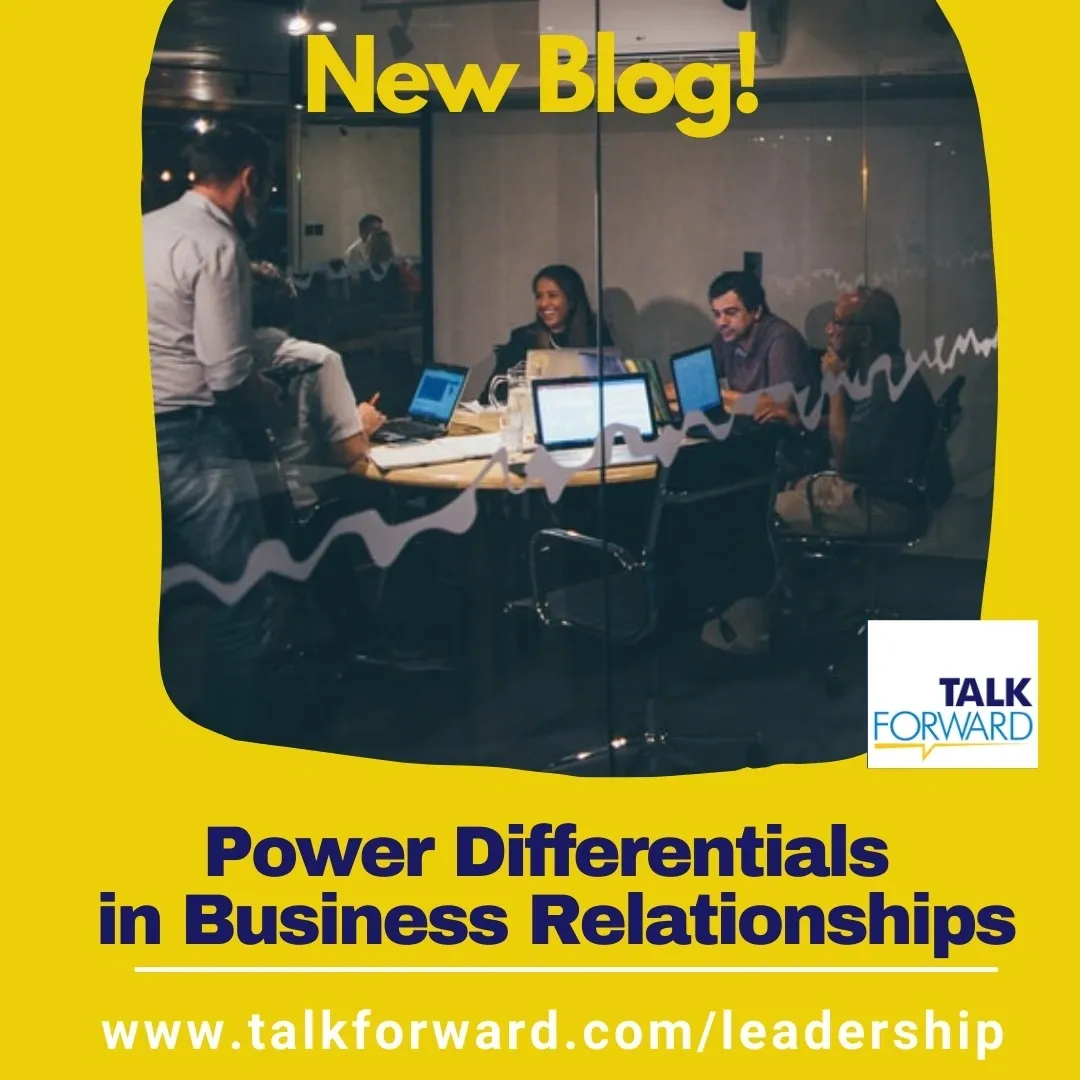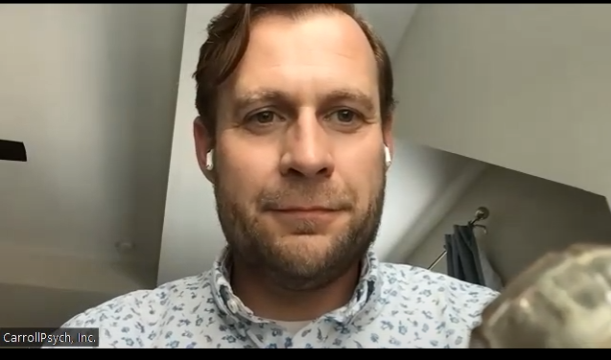My earliest training in psychology talked about the importance of the power differential in therapy. The therapist has more power in the relationship than the client, and with that power comes more responsibility. The ethics around the relationship is drilled into the heads of the therapists in training because that relationship is what most helps the client create change. And it is up to the therapist to make sure the relationship stays safe.
It is clear to me that the core of power differentials is poorly understood in the workplace. This point can be driven home in the regular headlines of scandals of people in power abusing it for sexual favors from those who answer to them.
As leaders, it is important for us to understand and address the power differential with subordinates, to set and maintain boundaries and establish expectations. Having a position of power means the people below are unable to act with the same freedom they would have in another type of relationship, such as a friendship. Take something as simple as asking staffers to attend a Chamber of Commerce dinner. Can those invited say “no”? Will it hurt their careers? If they didn’t get asked, does it mean they are in trouble? These are all questions that employees might ask of themselves when all that was really intended was bodies to fill a table. The leader to anticipate these reactions and deal with the fears up front.
Another big area is communication. If you have a preferred communication style, it is incumbent upon you to let your subordinates know what it is*. I spelled this out in writing for everyone working for me for the past decade. Access is also critical. Your attention and presence may be the most valuable resource your subordinates have. Playing favorites means you are not using your power wisely.
While I love an open-door policy, I believe leaders should schedule time for regular one-on-one meetings with their subordinates This is essential. Your undivided attention on a regular basis is the key to unlocking your employees. Don’t abuse your power by hording your presence.
Hollywood is full of the old stereotypes of leaders yelling at their employees. My guess is that most of us have experienced this. I know I have yelled at employees. I am not proud of it. It is not only unkind, but also unfair. In a position of power, you also can terminate an employee. The employee’s ability to fight back is limited, and they must pay their bills. So, they will put up with abuse at work because they feel they have no choice. Using that power over someone is wrong and yet it happens every day. It certainly is not the way to inspire others.
Beyond abuse is exploitation. This, alas, has a long history and current application. As I mentioned above, it does not take long to see a news story of someone using power to sexually exploit others. The “Me Too” movement seems to have risen and faded. It is my hope that there has been a lasting sea change i in the comfort level of bringing these allegations forward” as I doubt that the forces driving it have faded as well. With the power a leader has over a subordinate, there cannot be a consensual romantic or sexual relationship. The employee will be assumed to be under some sort of duress. This sort of behavior can never be considered reasonable, and I applaud and encourage people so treated to speak up.
As leaders, we must protect those we lead and protect their relationships with us. Strong relationships are the foundation for therapy, and I believe it is the same in the workplace.
Use your power wisely.
*I went into this need for communication in depth in two articles in 2019, The C3: Clear, Complete, and Consistent Communication, Part 1 & Part 2.
Bryan G. Stephens is a former executive on a mission to transform the workplace. He is the founder and CEO of TalkForward, a consulting and training company, utilizing Bryan’s clinical and management expertise to develop managers and teams in a corporate environment. As a licensed therapist with strong understanding of developing human potential, he is dedicated to the development of Human Capital to meet the needs of leaders, managers, and employees in the 21st Century workplace.
Bryan has an Executive MBA from Kennesaw State University, Coles School of Business, and both a Master’s and Bachelor’s degree in Psychology.






